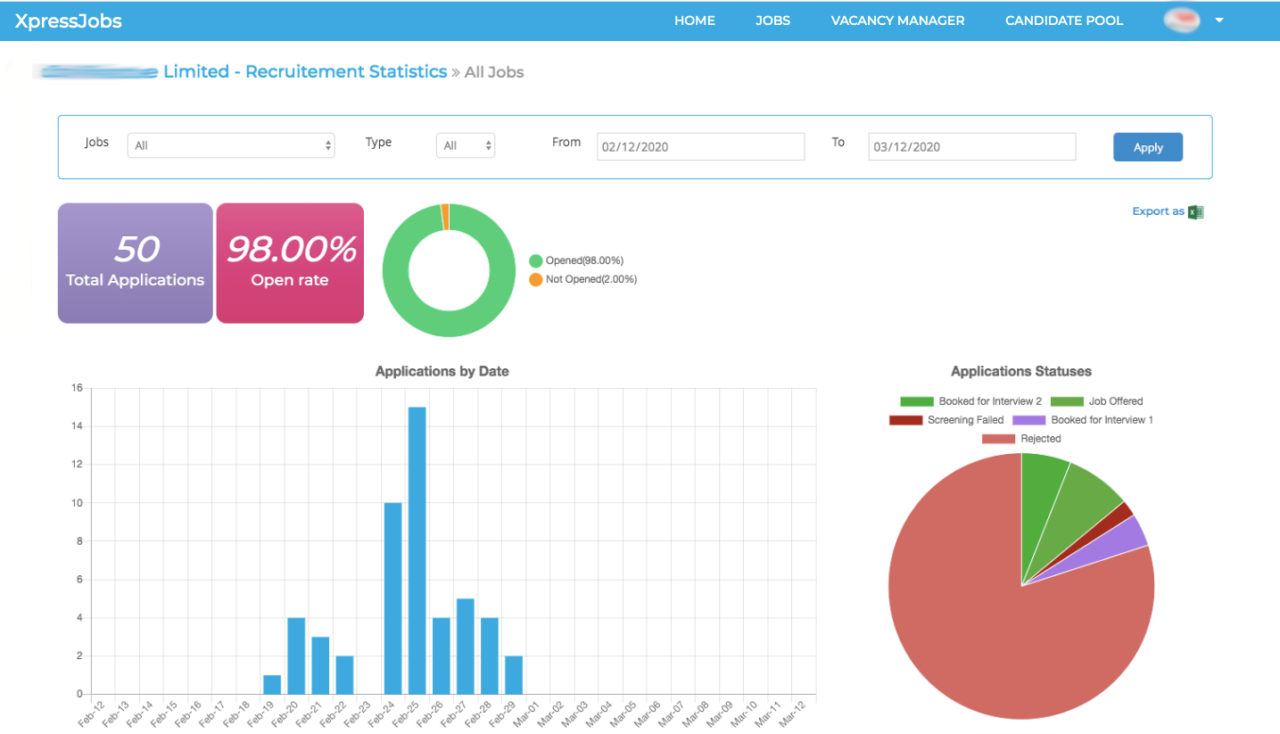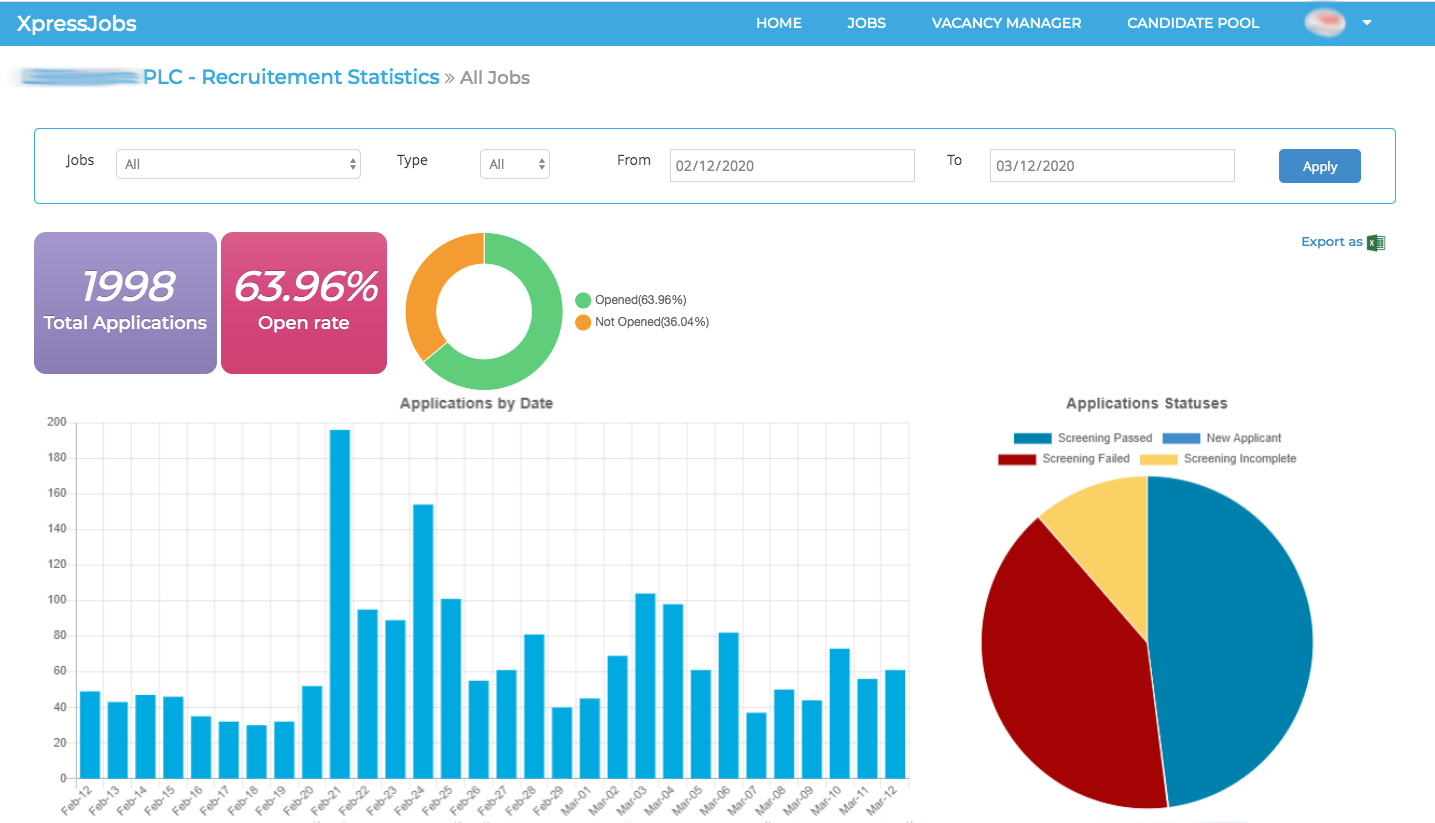24th June 2021: Pharmaceutical companies are witnessing changes in operations across the board, and events brought about by the pandemic have compelled pharmaceutical companies to reimagine the role of its medical pharmaceutical representatives, to better adapt to the new rules of engagement.
In Sri Lanka, there are currently over 3500 pharmaceutical representatives who play a critical role in promoting product awareness to health care professionals. They serve as the contact point in the introduction of new pharmaceutical products to the market.
With COVID 19 showing no signs of slowing down, it is clear that the old sales model has been swept away by this year’s lockdown and that the field force must adapt.
Virtual engagement is here to stay
A common challenge faced within pharmaceutical companies – locally and globally, is restricted face-to-face access to healthcare practitioners.
CEO of Sunshine Healthcare, Shantha Bandara, noted that their company was among many who embraced digitalisation by replacing physical interactions with virtual interactions overnight.
“Restrictions with regard to interacting with healthcare institutions has had an impact on the role played by medical marketing delegates, and even though there has been comfort in doing things in the same manner in the past, Covid-19 has proved that the industry needs to adapt,” Bandara said.
Commenting on the direct implication to sales owing to limited engagement with healthcare practitioners, Bandara noted that it had been observed that the public is undergoing a change in lifestyle prompted by the lockdown, noting that it has become evident in the form of medicines that are in demand.
“It is worth noting that although Covid-19 has had an impact, sales have not reflected this in the short term due to the growing chronic segment and greater compliance in consuming prescribed dosage. We also noticed that there had been a reduction in sales for medicines like antibiotics, which treat acute illnesses, as the probability of being exposed to the common flue or cold has lessened.”
How can Pharmaceutical companies re-align themselves towards a post-pandemic future? Before COVID-19, globally, 64% of meetings with healthcare practitioners were held in person, but this has now decreased by half, shifting to virtual platforms instead.

“We believe that the role of a medical marketing delegate will not only require them to have soft skills but also technical skills. It is also important to equip them with situational leadership skills to foresee and adapt to unpredictable business environments to ensure workflow remains uninterrupted.” Bandara stressed.
In the meantime, Bandara noted that creating systems that allow B2B interaction can also strengthen relationships between company representatives and important stakeholders like chemists and healthcare practitioners. To this end, Sunshine Pharmaceuticals recently launched ‘I-order’, an app that streamlines the re-order process and credit management for its sales representatives that supports this interaction.
Human to human interaction is irreplaceable
At CIC holdings which employ over 200 pharmaceutical representatives, the story of transformation is similar to many pharmaceutical companies in Sri Lanka. Divisional Director of Pharmaceutical and Sales of the company, Viraj Manatunga stressed that it had been a journey of evolving and understanding that changes should happen, but the question as to how should be effectively answered.
“The role of Pharmaceutical representatives cannot be easily replaced by digital platforms due to the importance it has in the medical ecosystem. It is centred and based on personal relationships where they play a crucial role in disseminating information on the latest brands and treatment protocols for both acute and chronic conditions and how quality products can support and improve patient recovery.” Manatunga said.
A study carried out by Accenture Life Sciences last year revealed that 87% of Health Care Practitioners (HCPs) want either all virtual or a mix of virtual and in-person meetings even after the pandemic ends, which will require pharmaceutical representatives to seek new ways of creating meaningful connections.
“As a company, we’ve managed to integrate our internal management processes online, which is a great win for us because it enhanced efficiency and effectiveness. However, I believe when it comes to educating HCPs on the latest treatment methods and products using online platforms, we have a long way to go compared to other countries and an area where Sri Lanka must develop.”
Blended and augmented – A change in business models
The Pharmaceutical industry is a competitive one, a recent Reuters survey revealed that the role of the representative must be rapidly reimagined into more of a digital/face-to-face hybrid given the rapid digitalisation of Healthcare Practitioner engagement. The survey also revealed that the most effective avenues of engagement during the pandemic were led by live remote or phone detailing, webinars, e-meetings, emails, retailer supplier automation and last mile delivery.
At Baurs Life Sciences, the job role of a pharmaceutical representative saw a disruption for which preparation was key for business continuity.

“At the start of the lockdown, we were brainstorming to see how we should reinvent a job role for individuals who have been doing this in the traditional way – which means face to face interaction. Therefore it was evident that going digital was the only solution where we could cater to the patient for consulting a physician as well as adhering to the prescription,” Director of Baurs Life Sciences, Gehan Seneviratne, said.
One of the tools that Baurs leveraged along with its principles was to arrange annual online conferences and onboarding doctors to technology platforms to conduct webinars to improve engagement.
“It is not only at Baurs, but I’ve seen several companies introduce interactive apps developed for doctors to be educated on new products. We have also observed Healthcare Practitioners using this period for knowledge sharing, for which pharma companies have introduced access to e-libraries for clinical journals and to also to educate on updated evidence.” Seneviratne added.
Seneviratne added that in a country where there is limited time for Healthcare practitioners to meet with several Pharmaceutical representatives a day, creating meaningful and quality relationships is a way to crack the code in a highly competitive industry.
“We see that 80% of the pharmaceutical representatives in the industry meet 20% of doctors – also known as the 80/20 rule. So how do we create a lasting impression? It is beyond sales pitches and more on what insight they could gain from the brief interactions. It is evident that in a post-pandemic era, we will see hybrid systems of both digital and in-person visits becoming a norm.” he concluded.








